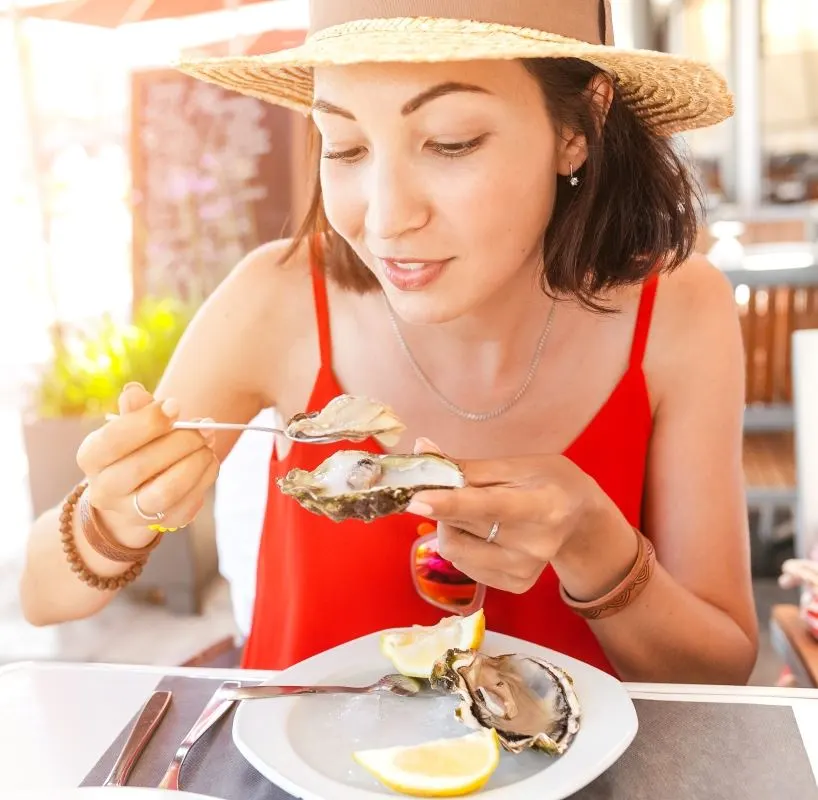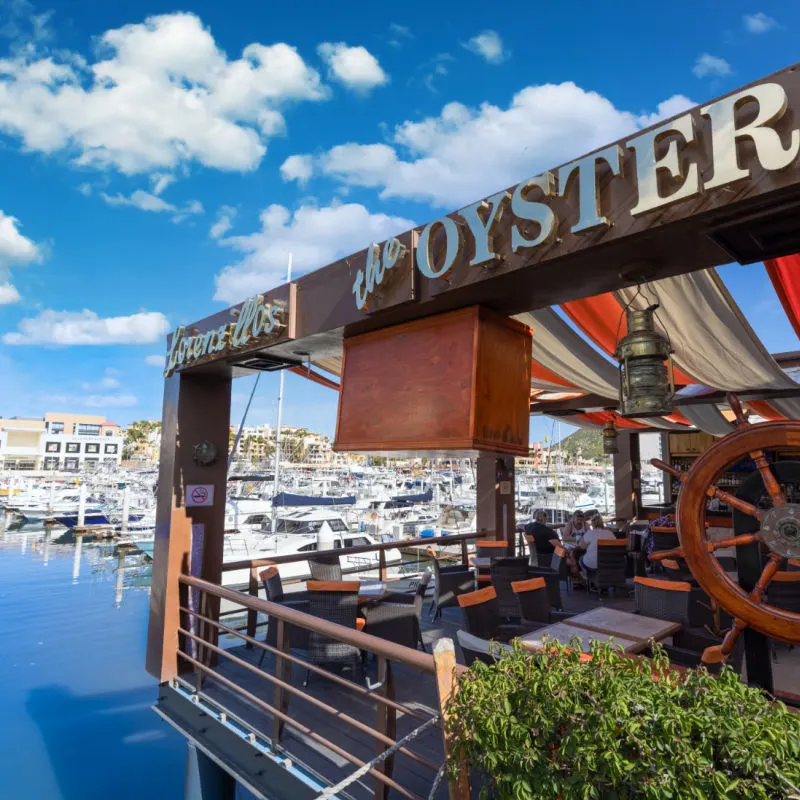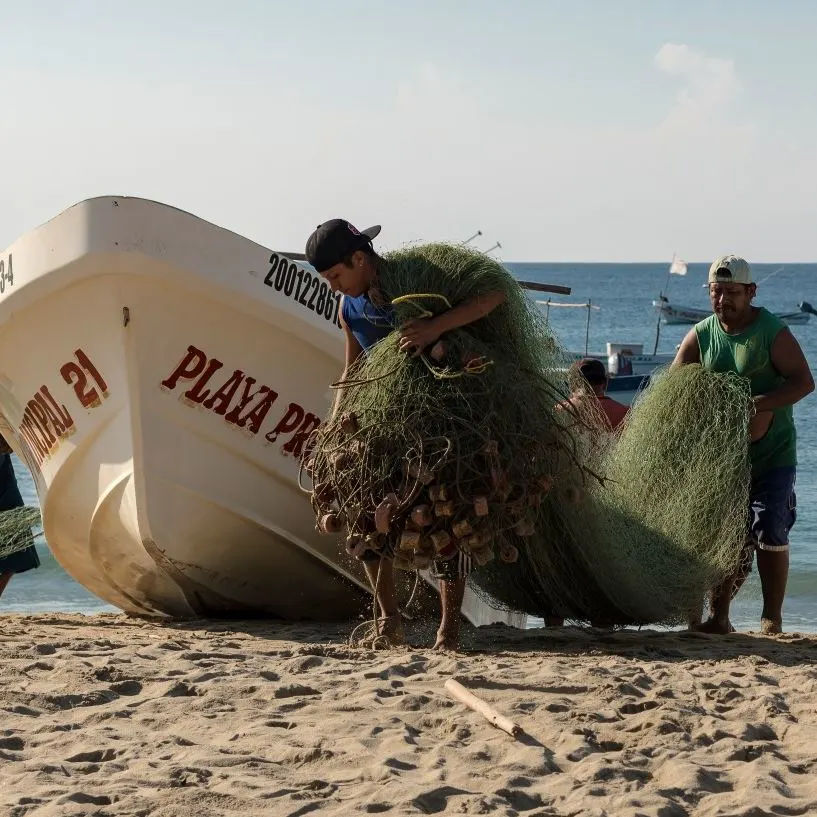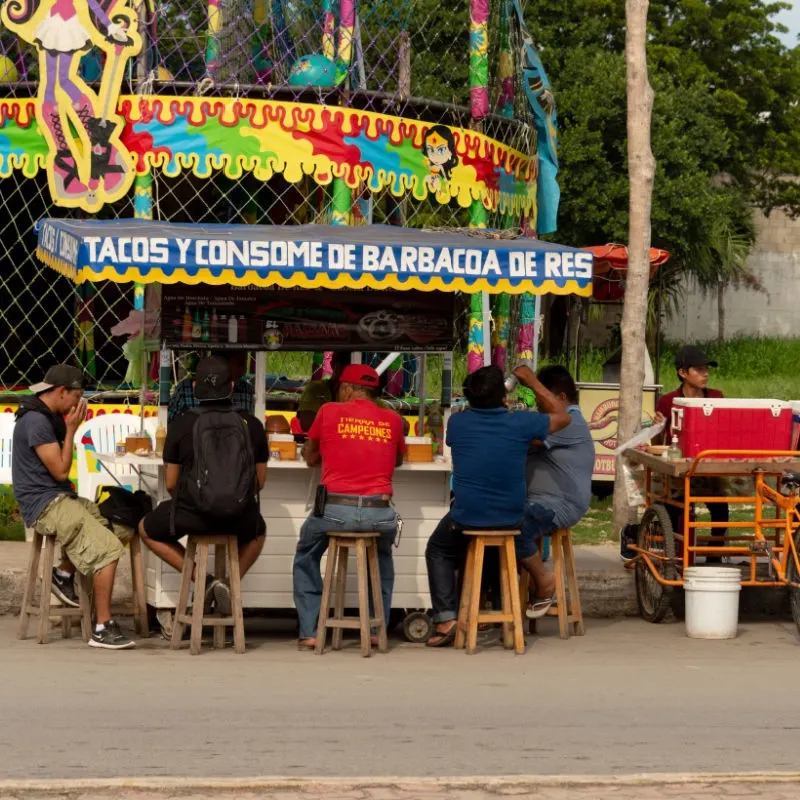Last Updated
Seafood is a way of life in Los Cabos. Everywhere travelers turn, the region has some of the freshest seafood available anywhere in the world.
However, there are times when contamination occurs with shellfish and travelers should be careful consuming the local delicacies.
One of those warnings was recently issued by the United States Food and Drug Administration.
Be Careful With Shellfish

The United States Food and Drug Administration recently issued an alert warning restaurants, grocery stores, and consumers about a risk of contaminated oysters coming from Baja California.
While the alert was issued in the United States and does not directly involve oysters in Los Cabos, travelers may still want to be cautious because the oysters were harvested from the peninsula and could make their way elsewhere.
The oysters in question came from Acuacultura Integral De Baja California SA, located north of Los Cabos towards the middle of the peninsula, and were harvested towards the end of last year.
An investigation is underway, and the number of people consuming the shellfish and getting sick is being traced and tracked.

The warning is that the affected oysters are contaminated with Norovirus and could make tourists sick, especially if eaten raw.
Symptoms of Norovirus
According to the Food and Drug Administration, the most common symptoms of norovirus are vomiting, diarrhea, nausea, and stomach pain. Other symptoms could include headache, fever and body aches.
Typically, most people affected by Norovirus feel like they may have a stomach bug or even the flu. It could also be easily confused with Montezuma’s Revenge.

The symptoms typically start after 12 to 48 hours, and those who become sick usually recover within one to three days.
The big danger with Norovirus comes from dehydration. Tourists should look out for dry mouth, dizziness when standing, and a decrease in urination as key symptoms of severe dehydration.
Recommendations For Consumers
The Food and Drug Administration advisory recommends consumers not eat the potentially contaminated oysters.

They are also warning consumers about the potential for cross-contamination, where prep equipment used for the contaminated oysters could also infect other foods if not properly disinfected.
Travelers who suspect that they do get sick after consuming oysters should seek medical care and report the incident as a potential illness due to the contamination at the advisory webpage.
Tips for Los Cabos Travelers
While the alert was issued in the United States and does not specifically mention Los Cabos, travelers may want to be aware of the issue and the potential for the contaminated oysters to also have made their way south to Los Cabos.

Therefore, tourists may want to avoid eating oysters, especially raw, for at least the next couple of weeks to avoid the potential for getting sick.
Those who still want to consume oysters while on their vacation getaway to Los Cabos may want to ask the retailer or restaurant staff where the oysters were harvested and may even want to mention the United States Food and Drug Administration advisory.
Even if they do not eat the contaminated oysters, there are a number of cross-contamination possibilities for Los Cabos visitors.
For example, eating at street vendors with improper food handling procedures and the mixing of contaminated and not contaminated oysters in a restaurant setting.

Also, the potential of improper disinfecting of working boards and other utensils touching the contaminated oysters and transferring the Norovirus is also possible.
The potential for foodborne illness is definitely greater when traveling, not including the potential issues with different water treatment styles.
Therefore, travelers should always consider having medical insurance available to protect them in the event that a doctor’s visit may be needed due to a foodborne virus.
Plan Your Next Cabo Vacation:
Traveler Alert: Don’t Forget Travel Insurance For Your Next Trip!
Choose From Thousands of Cabo Hotels, Resorts and Hostels with Free Cancellation On Most Properties
↓ Join The Community ↓
The Cabo Sun Community FB group has all the latest travel news, conversations and current events happening in Los Cabos

Subscribe to our Latest Posts
Enter your email address to subscribe to The Cancun Sun’s latest breaking news affecting travelers, straight to your inbox.
